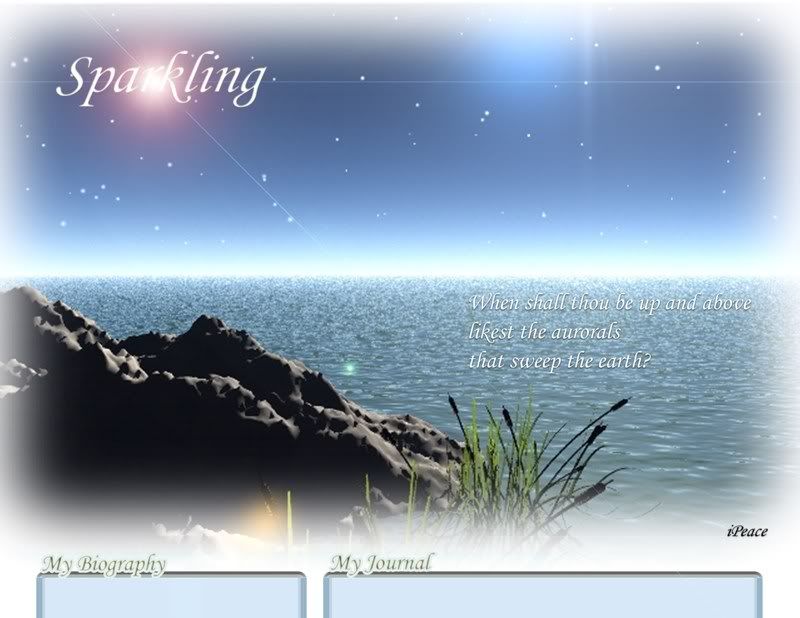Sunday, June 22, 2008 . 10:57:00 AM
The application of Third Party Certification Programme in Malaysia.Generally, SSL starts with the process of encryption on the information during online transaction. The SSL consists of a public key and a private key. The public key is used to encrypt information (perform when sender sent the information through internet) and the private key is used to decrypt it (perform when the receiver received the information from internet). Besides that, the SSL also contains unique, authenticated information about the certificate owner. Finally, when the information had been received by the receiver, authentication process will perform. During authentication process, the authenticated organization name is displayed and the address bar will turn green when an Extended Validation SSL Certificate is detected. If the information does not match or the certificate has expired, the browser will display an error message. For detail explanation on "how SSL works", click on "Trustgate" icon above.
With the implementation of Third Party Certification, it helps E-commerce businesses in generating higher revenue because there is higher “trust” being placed in the business transaction. In the perception of users who have the knowledge on Third Party Certification, they can perform any online transaction without any doubt. However, the group of user needs to have detail knowledge on how the Third Party certification works. For a large group of peoples who have limited or no knowledge on Third Party Certification, they will have a general perception on which they shouldn’t perform online transaction due to lack of “trust”.
This image is taken from : https://www.idaffy.com/html/ssldemo.htm
The creation of Third Party Certification helps E-commerce businesses in gaining trust from its client. However, the implementation of Third Party Certification in Malaysia seems to benefit only a smaller group of users. By the time passed, perhaps more and more users will perform online transaction by placing their “trust” on the Third Party Certification.




